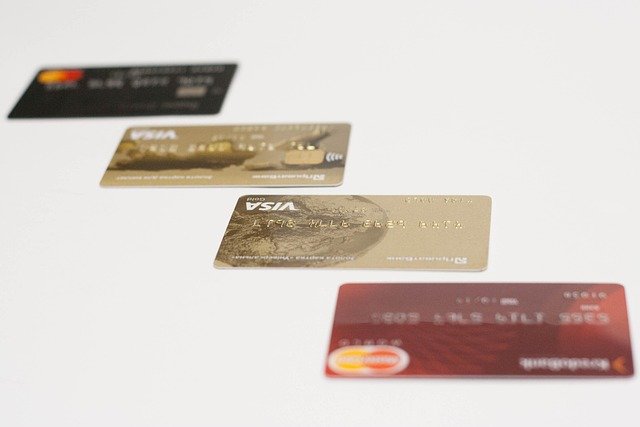Car Deals: Navigating the World of Auto Finance
Finding the perfect car deal can be an exciting yet challenging experience. Whether you're in the market for a new vehicle or considering a used one, understanding the intricacies of car finance, loans, payments, and credit is crucial. This article will guide you through the essential aspects of securing the best car deal, helping you make an informed decision that aligns with your budget and needs.

Key factors that influence car loans include:
-
Interest rate: Determined by your credit score, loan term, and market conditions
-
Loan term: The length of time you have to repay the loan, usually ranging from 36 to 72 months
-
Down payment: The initial amount you pay upfront, which reduces the loan amount
Understanding these elements can help you negotiate better terms and secure a more favorable car deal.
What credit score do you need for car finance?
Your credit score plays a crucial role in determining your eligibility for car finance and the interest rate you’ll receive. While there’s no universal minimum credit score required for car finance, generally:
-
Excellent credit (720+): Qualifies for the best interest rates and terms
-
Good credit (690-719): Still eligible for competitive rates
-
Fair credit (630-689): May face higher interest rates
-
Poor credit (below 630): Limited options, higher rates, or may require a cosigner
Keep in mind that some lenders specialize in working with individuals who have less-than-perfect credit. However, improving your credit score before applying for car finance can significantly enhance your chances of securing a better deal.
How can you lower your car payment?
Reducing your car payment can make your vehicle more affordable in the long run. Here are several strategies to consider:
-
Extend the loan term: While this lowers monthly payments, it increases the total interest paid
-
Make a larger down payment: Reduces the principal amount, resulting in lower monthly payments
-
Improve your credit score: Better credit often leads to lower interest rates
-
Consider leasing: Can offer lower monthly payments, but you won’t own the vehicle
-
Refinance your existing loan: If interest rates have dropped or your credit has improved
-
Choose a less expensive vehicle: Opting for a more affordable car naturally lowers payments
Remember that while some of these methods reduce monthly payments, they may increase the total cost of the vehicle over time. Carefully weigh your options based on your financial situation and long-term goals.
What are the different types of car finance options?
Understanding the various car finance options available can help you choose the best fit for your situation:
-
Traditional car loans: Offered by banks, credit unions, and online lenders
-
Dealer financing: Arranged through the dealership, often with manufacturer-backed incentives
-
Lease agreements: Allows you to use the car for a set period with lower monthly payments
-
Personal loans: Unsecured loans that can be used for car purchases
-
Buy-here-pay-here dealerships: In-house financing for those with poor credit, often with high interest rates
Each option has its pros and cons, so it’s essential to compare terms, interest rates, and overall costs before making a decision.
How does your credit affect car deals?
Your credit score significantly impacts the car deals available to you. Here’s how credit influences various aspects of car financing:
-
Interest rates: Higher credit scores typically result in lower interest rates
-
Loan approval: Better credit increases your chances of loan approval
-
Down payment requirements: Lower credit scores may require larger down payments
-
Loan terms: Favorable credit can lead to more flexible loan terms
-
Special promotions: Manufacturer incentives often require good to excellent credit
| Credit Score Range | Typical Interest Rate | Loan Approval Likelihood | Down Payment Requirement |
|---|---|---|---|
| Excellent (720+) | 2.5% - 4.5% | Very High | 0% - 10% |
| Good (690-719) | 4.5% - 6.5% | High | 10% - 15% |
| Fair (630-689) | 6.5% - 10% | Moderate | 15% - 20% |
| Poor (below 630) | 10% - 18%+ | Low | 20%+ or Cosigner |
Prices, rates, or cost estimates mentioned in this article are based on the latest available information but may change over time. Independent research is advised before making financial decisions.
Improving your credit score before shopping for a car can lead to significant savings over the life of your loan. Consider checking your credit report for errors, paying down existing debts, and making all payments on time to boost your creditworthiness.
In conclusion, navigating car deals requires a thorough understanding of finance options, credit implications, and payment strategies. By educating yourself on these aspects, you’ll be better equipped to negotiate favorable terms and secure a car deal that aligns with your financial goals. Remember to shop around, compare offers from multiple lenders, and carefully review all terms before committing to any car finance agreement.





